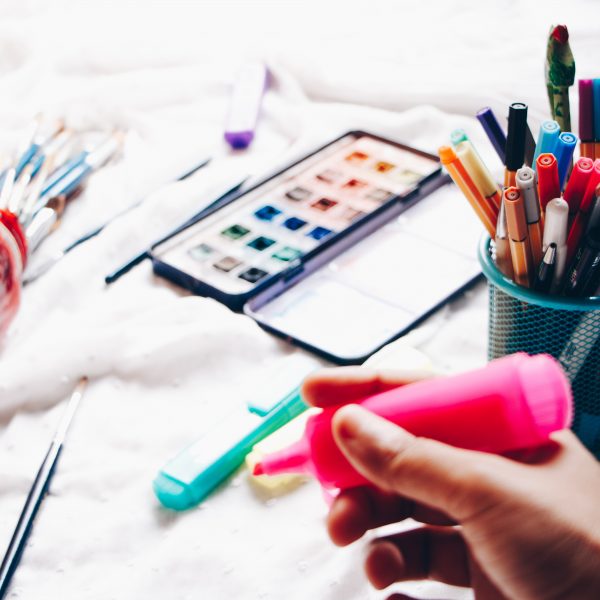The sustainability of Neighbourhood House children drives community engagement

The educator-led sustainability team of Neighborhood House in Victoria’s Albert Park has been a member of Seedlings, the City of Port Phillip’s early learning for sustainability program since 2013. Through this program they have continued to incorporate sustainability education into their curriculum and reduce their energy use, water use and waste generation.
Recently, while on a community outing to the beach, a discarded plastic bag led the children to establish a regular beach clean-up crew. Educators followed the children’s interest in keeping the beach clean, and developed a trolley with gloves, tongs and a bucket, and now their beach kinder days are also beach clean-up days.
This is one of many ways that children at the centre are making a meaningful contribution to their local community, a council representative said.
Using leading edge research, the resources they have at hand, and activities already happening in their community, the centre’s educator-led sustainability team are incorporating sustainability into their everyday practices.
“We are delighted with the ongoing impact that our sustainability project has had on our whole centre community”, said Kate Hall, Neighborhood House Director. “It is an extraordinary example of the power of collaboration and the strength that a community can have by coming together and making a sincere difference.”
As well as the beach clean up, the children donate things their centre no longer needs at their local op shop, which provides children with the opportunity to learn about gratitude, giving, how to repurpose resources, and making a better choice to help others who are in need.
They also spend time at their local nursing home every fortnight running art, music, gardening and cooking activities with the residents which “enriches the lives of everyone involved”, and gives the children a chance to learn about diversity, inclusivity and different cultures, experiencing the benefits and power of giving to, and receiving from, the wider community.
And they spend time observing and participating in activities with community gardeners at nearby Mary and Basil Community Garden. Time in this garden allows children to observe how the community works together and see sustainable living in practice.
For example, watching a local parent putting their food scraps in the community compost at the garden led to conversations about the importance of recycling food waste to grow more vegetables and fruits, and then the same system being implemented in the service.
Children and families are invited to be part of every aspect of the sustainable food process – including collecting rainwater for planting, composting, the worm farm, and harvesting and enjoying the vegetables they grow.
With the help of the centre’s chef, children are creating menus based on the food that is growing in the garden. Families are actively encouraged to bring their food scraps from home to be used in the centre’s on-site garden and compost. These activities help embed healthy eating and sustainability into the children’s daily practices and allow families, children, educators and staff to develop a holistic view of sustainability practices.
Neighborhood House (also known as South Melbourne Child Care Cooperative) is a not-for-profit, community-owned service in Albert Park offering education to early learners, kindergarten and pre-school children. More information about Neighbourhood House is available on the service website, here.
Popular

Policy
Practice
Provider
Quality
NSW Government launches sweeping reforms to improve safety and transparency in early learning
2025-06-30 10:02:40
by Fiona Alston

Quality
Provider
Policy
Practice
WA approved provider fined $45,000 over bush excursion incident
2025-07-01 07:00:01
by Fiona Alston

Economics
Marketplace
Provider
The new AI powered feature making lives easier for families and service managers
2025-07-01 09:00:59
by Fiona Alston













